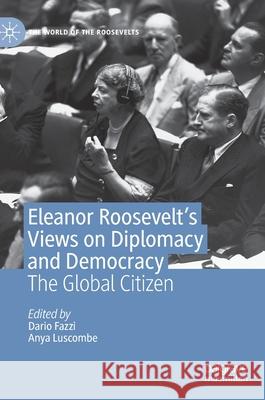Eleanor Roosevelt's Views on Diplomacy and Democracy: The Global Citizen » książka
topmenu
Eleanor Roosevelt's Views on Diplomacy and Democracy: The Global Citizen
ISBN-13: 9783030423148 / Angielski / Twarda / 2020 / 219 str.
Eleanor Roosevelt's Views on Diplomacy and Democracy: The Global Citizen
ISBN-13: 9783030423148 / Angielski / Twarda / 2020 / 219 str.
cena 402,53
(netto: 383,36 VAT: 5%)
Najniższa cena z 30 dni: 385,52
(netto: 383,36 VAT: 5%)
Najniższa cena z 30 dni: 385,52
Termin realizacji zamówienia:
ok. 16-18 dni roboczych.
ok. 16-18 dni roboczych.
Darmowa dostawa!
Kategorie BISAC:
Wydawca:
Palgrave MacMillan
Seria wydawnicza:
Język:
Angielski
ISBN-13:
9783030423148
Rok wydania:
2020
Wydanie:
2020
Numer serii:
000307762
Ilość stron:
219
Waga:
0.45 kg
Wymiary:
21.01 x 14.81 x 1.75
Oprawa:
Twarda
Wolumenów:
01
Dodatkowe informacje:
Wydanie ilustrowane











